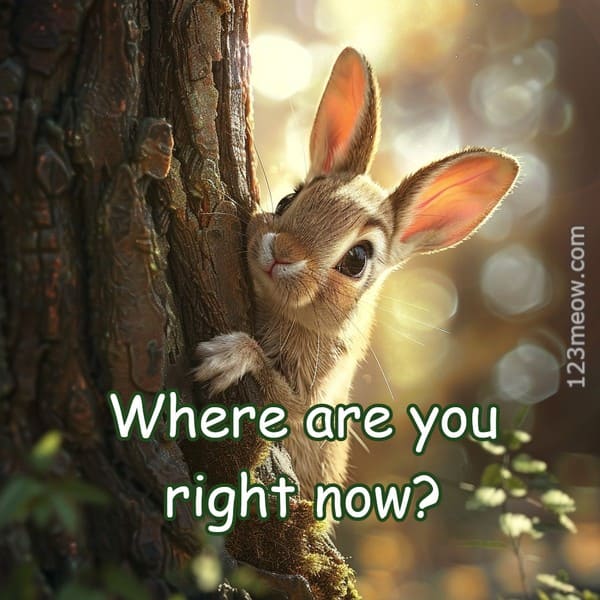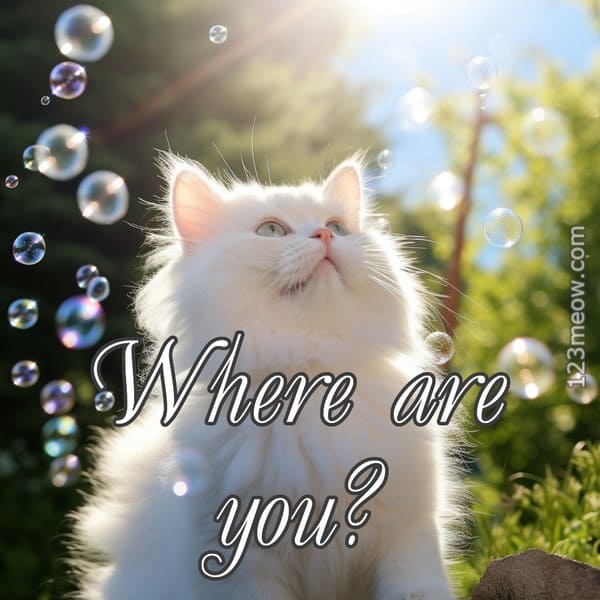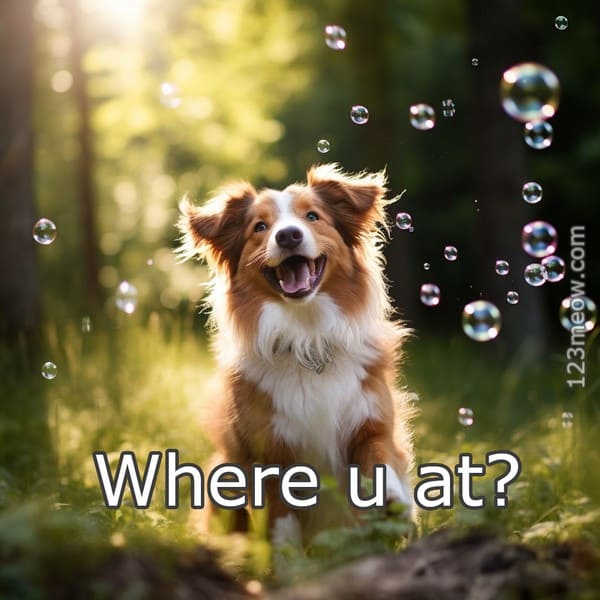Where are you cards, pics
Welcome to the page where wonderful avatars, stickers, emojis, postcards, wishes, pictures, memes "Where are you" are posted! Here we have collected a collection of unique and impressive emotions expressed by animals. In each section, we try to emphasize the individuality and importance of each animal on planet Earth!
Hi there,
We give positive emotions to people and help animals. Please take part and support us
 Quokkas are often called "the happiest animals on Earth" due to their seemingly cheerful expressions, which have made them popular on social media. These small marsupials, native to Rottnest Island in Australia, are known for their friendly and inquisitive nature. One of the most interesting facts about quokkas is that they belong to the macropod family, the same family as kangaroos and wallabies. Despite their small size, quokkas share the same hopping movement as their larger relatives, using their powerful hind legs to move around.
Quokkas are often called "the happiest animals on Earth" due to their seemingly cheerful expressions, which have made them popular on social media. These small marsupials, native to Rottnest Island in Australia, are known for their friendly and inquisitive nature. One of the most interesting facts about quokkas is that they belong to the macropod family, the same family as kangaroos and wallabies. Despite their small size, quokkas share the same hopping movement as their larger relatives, using their powerful hind legs to move around.
Quokkas are primarily nocturnal, which means they are most active during the night. During the day, they often rest in the shade to avoid the heat. Their diet consists mainly of grasses, leaves, and other vegetation, and they are able to survive in environments with little water. Quokkas have a unique adaptation where they can store fat in their tails, which helps them survive during times of food scarcity. This ability is crucial for surviving on the dry, arid islands where they live.
Another remarkable feature of quokkas is their reproductive strategy. Female quokkas give birth to a single joey, which stays in the mother's pouch for about six months. If a female quokka is threatened by a predator, she may sacrifice her joey by dropping it out of her pouch to distract the predator while she escapes. Although this behavior might seem harsh, it is a survival tactic that ensures the adult quokka can live to reproduce again.
Despite their cute and friendly appearance, quokkas are a vulnerable species due to habitat loss and introduced predators, such as foxes and cats. Conservation efforts on Rottnest Island and other protected areas are crucial to their survival. Quokkas' popularity has also contributed to an increase in tourism, but it is important for visitors to respect their natural habitat and avoid feeding them, as human food can be harmful to their health.




